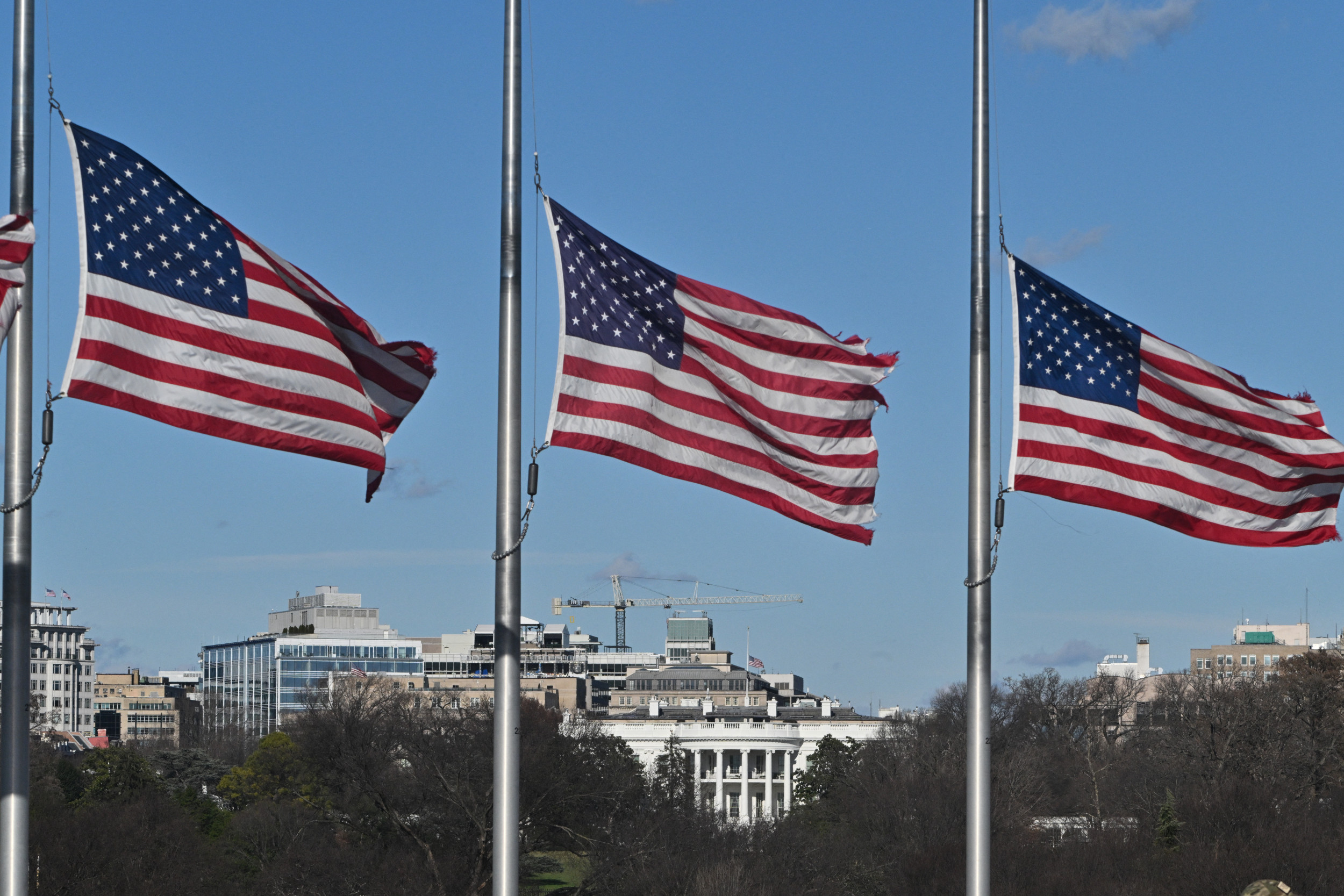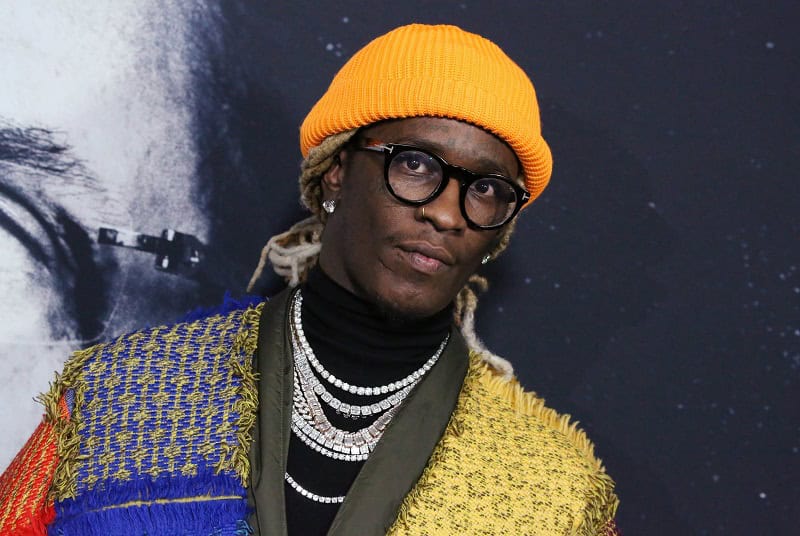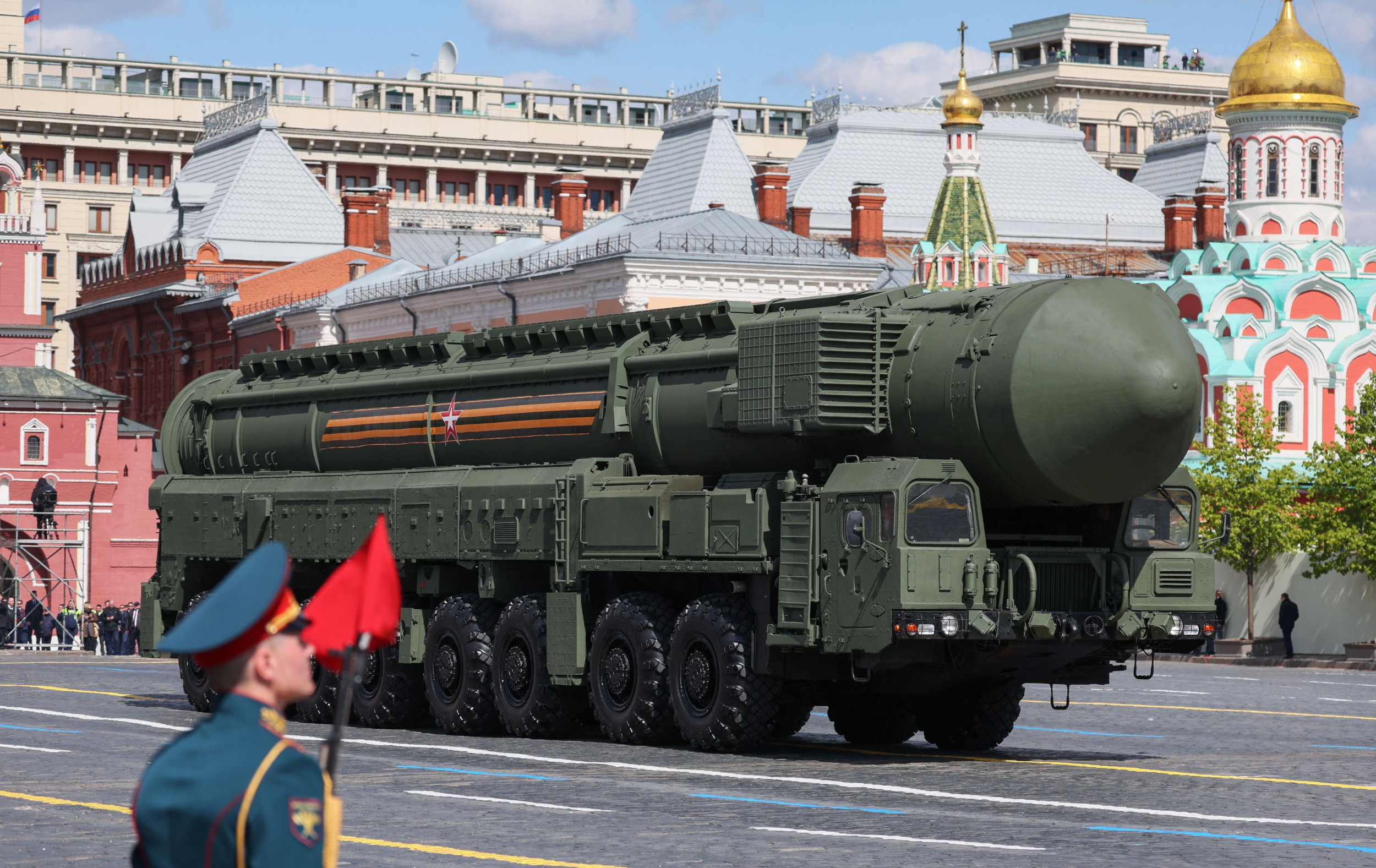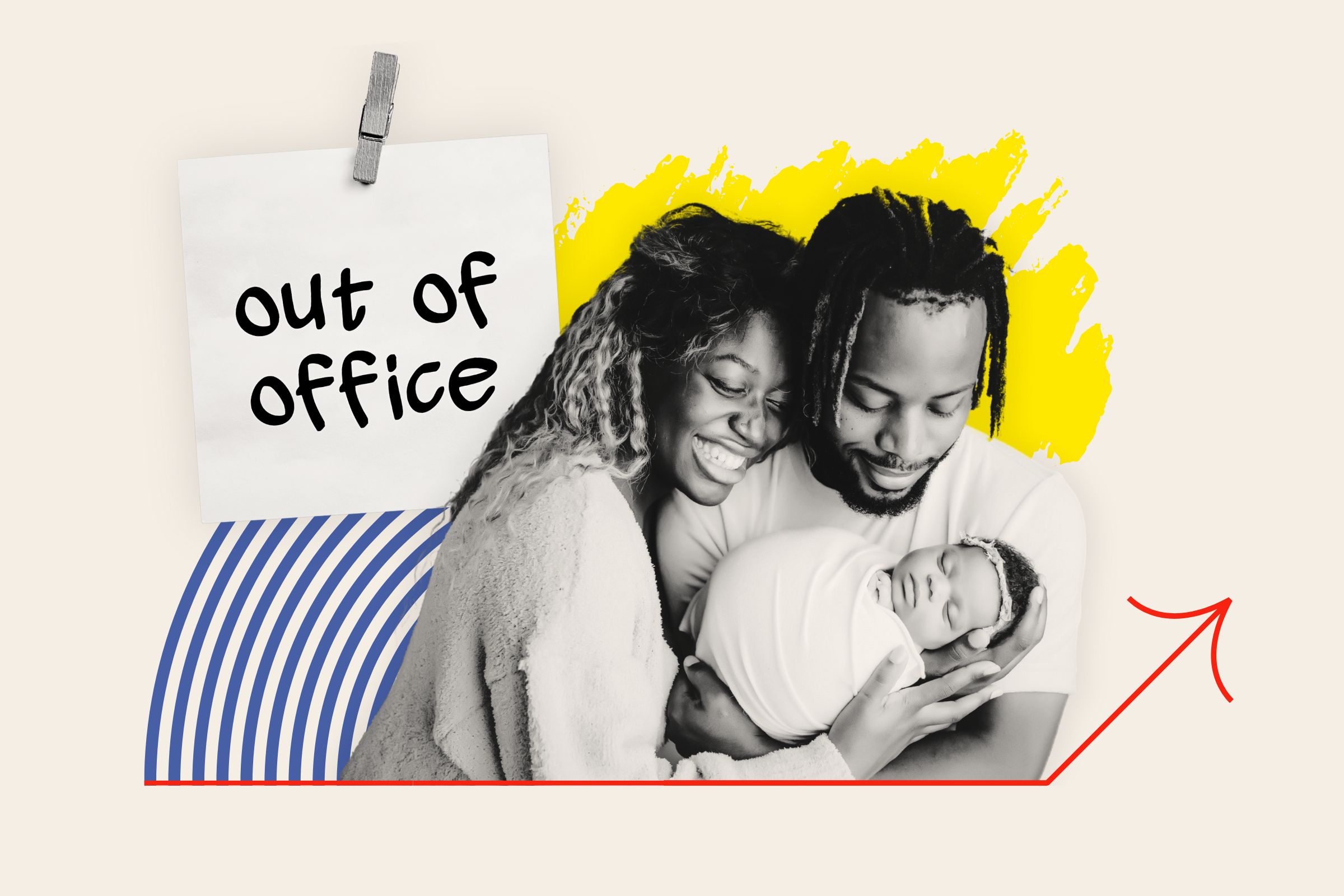Vaccine skeptic Robert F. Kennedy Jr. has been picked by Donald Trump for United States Secretary of Health and Human Services, prompting fears that vaccines could be banned.
The nomination has been met with outrage from doctors and medical professionals who take issue with his tendency for misinformation and conspiracy theories, as well as his skepticism toward vaccines for children.
And while Kennedy Jr. has said he will not "take vaccines away from anybody," President-elect Trump has previously indicated that inoculations could be banned under his administration, saying that he would "make a decision" about potentially banning the immunizations based on Kennedy's recommendations, sparking concern that the vaccine mandate is the U.S. could come to an end.
Newsweek has contacted the Trump transition team and Kennedy for comment via email.
What Has RFK Jr Said About Vaccines?
Kennedy has repeatedly claimed that childhood vaccines cause autism, a theory scientists have debunked. "I do believe that autism does come from vaccines," he said last summer in an interview with Fox News host Jesse Watters, incorrectly arguing thimerosal, a preservative safely used in vaccines, is linked to autism.
According to the Centers for Disease Control and Prevention (CDC): "Many studies have looked at whether there is a relationship between vaccines and ASD [autism spectrum disorder]. To date, the studies continue to show that vaccines are not associated with ASD."

In December 2023, Kennedy told CNN's Kasie Hunt he "would be against mandates" for children in public schools. Two years before, in a 2021 podcast, he urged people to "resist" CDC guidelines on when kids should get vaccines.
"I see somebody on a hiking trail carrying a little baby and I say to him, better not get them vaccinated," he said.
Studies have shown low vaccination rates can lead to widespread community transmission of diseases such as measles, and data from the CDC supports this. Last month, the CDC reported that the percentage of children exempt from vaccine requirements rose to 3.3 percent, up from 3 percent in 2023, marking the highest level since such requirements were established.
At the same time, measles outbreaks in the U.S. have increased. The CDC recorded 15 measles outbreaks, totaling 272 cases, as of November 1. More than half these were among children under 5, and another quarter affected children aged 5 to 19. Nearly 90 percent of those infected were unvaccinated.
In 2015, Kennedy equated vaccination to the Holocaust at a California screening for an anti-vaccination film: "They get the shot, that night they have a fever of 103, they go to sleep, and three months later their brain is gone," he said. "This is a Holocaust, what this is doing to our country." He later apologized for his remarks.
He also previously proclaimed the COVID-19 vaccine to be the "deadliest vaccine ever made," and in July 2023, he said during a podcast interview that "there's no vaccine that is safe and effective." Health officials say the coronavirus vaccines are safe and effective, saving millions of lives.
Additionally, he previously falsely claimed there is convincing evidence that the 1918 influenza pandemic and HIV both originated with vaccine research.
Despite his remarks about vaccines, Kennedy has insisted that he has "never been anti-vaccine."
Will Trump Try to Ban Vaccines?
So far, Trump has not said whether he would consider a ban on vaccines, but he has not ruled it out.
When asked in November during a phone interview with NBC News if banning certain vaccines would be an option during a second term, Trump said: "Well, I'm going to talk to him and talk to other people, and I'll make a decision, but he's a very talented guy and has strong views," referring to Kennedy Jr.
Kennedy has never explicitly said he will ban vaccines. The day after election day Kennedy posted on social media that he was "not going to take away anybody's vaccines. I've never been anti-vaccine. I'm going to make sure the scientific safety studies and efficacies are out there, and people can make individual assessments about whether that product is going to be good for them."
But Trump's transition team cochair, Howard Lutnick, said in October that Kennedy wants access to federal data about health to pull vaccines he deems "unsafe" from the market.
"He says, if you give me the data, all I want is the data and I'll take on the data and show that it's not safe. And then if you pull the product liability, the companies will yank these vaccines right off of the market. So that's his point," Lutnick said.
It was unclear what data Lutnick was referring to since extensive data and research on vaccine safety is publicly available.
Public health experts doubt Kennedy would be able to change much about the way vaccines are approved and regulated. Lawrence O. Gostin, a public health law expert at Georgetown University, told The New York Times that Trump would likely be unable to ban certain vaccines, even if he appointed Kennedy to a health position. He noted that Trump cannot unilaterally ban vaccines regulated by the FDA without a legal battle. However, Trump could pressure the FDA to revoke vaccine approvals and appoint judges who might limit the authority of federal agencies.
Georges Benjamin, executive director of the American Public Health Association, told CNBC that Kennedy could attempt to place individuals who share his anti-vaccine views on FDA and CDC advisory panels, which influence vaccine approvals and recommendations, but added that states could choose to disregard these recommendations.
But Dr. Peter McCullough, internist and cardiologist, told Fox News that Kennedy's views on vaccines have been overblown.
"I know RFK Jr. personally. I know he's taken plenty of vaccines, as I have. It's not an issue of taking away people's vaccines. It's about a personal choice and safety of products," he told Laura Ingraham.
Nonetheless, health care professionals still fear that even if vaccines are not banned, in a position as powerful as health and human services secretary, Kennedy could potentially spread vaccine misinformation and discourage more Americans from getting vaccinated.
Many more people "will hear what [Kennedy] has to say, believe it and act on it," potentially posing health risks, Drew Altman, CEO of health policy research firm KFF, told CNBC.



















:quality(85):upscale()/2024/04/24/878/n/3019466/36c5693c662965c5d1ce91.72473705_.jpg)
 English (US) ·
English (US) ·